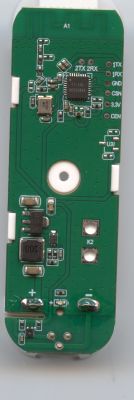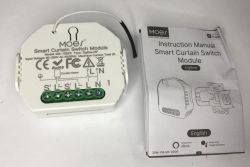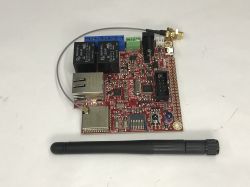Good morning
I have been searching the internet for answers as to what one system excels at over the other. From what I have been able to read both systems can basically do everything. Is there anything in which Ampio is inferior to KNX? I am more interested in the technical issues than the financial ones.
I have to make a choice for an automation system in a detached house (almost 900m2) and I am leaning towards Ampio, but only because I am less familiar with KNX.
Of the required functionalities:
- Lighting control (does Ampio have the ability to set scenes from the panels? e.g. in the evening I dim the lights and close the blinds with one button on the touch panel),
- Control of roller blinds, shutters, curtains,
- Control of heating, ventilation, air-conditioning, alarm and CCTV (I have a module with ethernet input in my ampio and as far as I know it is enough to control devices connected to the network, e.g. viewing of IP cameras),
- there will be a swimming pool in the house, so it would be nice to have control of water temperature, light scenes,
- control of selected devices, e.g. sockets, entrance gate,
- intergation with alarm, cctv, video intercom etc.
I would be very grateful for tips.
I have been searching the internet for answers as to what one system excels at over the other. From what I have been able to read both systems can basically do everything. Is there anything in which Ampio is inferior to KNX? I am more interested in the technical issues than the financial ones.
I have to make a choice for an automation system in a detached house (almost 900m2) and I am leaning towards Ampio, but only because I am less familiar with KNX.
Of the required functionalities:
- Lighting control (does Ampio have the ability to set scenes from the panels? e.g. in the evening I dim the lights and close the blinds with one button on the touch panel),
- Control of roller blinds, shutters, curtains,
- Control of heating, ventilation, air-conditioning, alarm and CCTV (I have a module with ethernet input in my ampio and as far as I know it is enough to control devices connected to the network, e.g. viewing of IP cameras),
- there will be a swimming pool in the house, so it would be nice to have control of water temperature, light scenes,
- control of selected devices, e.g. sockets, entrance gate,
- intergation with alarm, cctv, video intercom etc.
I would be very grateful for tips.






